From internal ceremony to "internet phenomenon"
Over the past week, social media has exploded with images from Match Day - the event to select residents at Hanoi Medical University. Millions of views, shares, and comments flooded platforms, from Facebook, TikTok to academic forums.
No longer an internal holiday, Match Day has truly been “broadcast” to the entire nation. Videos recording the moment students stepped onto the stage to choose their majors have gone viral.
Many “handsome men and beautiful women” with outstanding academic achievements immediately became the subject of online community’s hunt. They were called “the cream of the crop”.

Residency is one of the most rigorous and intensive training programs in medicine. This model originated in France and has now become the training standard in many countries.
In Vietnam, there are 13 universities that organize exams and train resident doctors, of which Hanoi Medical University is the first unit, initiated in 1974.
The competition is held only once a year, usually in August, right after students graduate, with the participation of thousands of excellent medical students from all over the country.
Admission not only demonstrates outstanding ability but is also a "golden ticket" that opens up academic opportunities, access to specialized clinical environments and top career positions in the future.
Match Day is not a new event, but it has never been as popular as it is this year.
That fact was confirmed by the people involved. Master, Doctor Nguyen Minh Nghia, lecturer of the Department of Plastic Surgery, Hanoi Medical University, currently in charge of the department at Hoe Nhai General Hospital, shared:
“In the past, the concept of resident doctors was only known in the industry. But now it is different. Thanks to social networks, the image of young doctors is spread widely. It is a trend of the times, we cannot stay out of it.”
However, according to Dr. Nghia, social networks are two-sided tools and how to use them properly is important.
“In the early stages of your residency, you should focus on your major and avoid letting social media influence you. But you shouldn’t ignore it completely. The internet clearly reflects social needs and patient behavior, and if you know how to observe, it can be a great tool for guiding your development.”
Dr. Nghia believes that after graduation, social networks will become an important tool for doctors to connect with patients.
“Nowadays, from newly graduated residents to leading professors, everyone must be present on digital platforms. If we are not proactive, patients will look for better advertising, regardless of expertise,” Dr. Nghia confided.
Sharing about the current worrying reality, he said: “I have received many patients after botched surgeries in places with big advertisements but poor skills. They lost money, suffered serious consequences, and then came to me in a very miserable and frustrated state. Correcting those cases is very difficult.”
A good doctor does not live by his title but by his skills.

The internet glorifies 'handsome men' and 'pretty women', but patients need good doctors, not idols (Photo: NVCC).
Returning to the media wave about Match Day, Dr. Nghia said that the community's attention is a positive sign. However, the worrying thing is that many young people are easily swept away by temporary praise.
He emphasized that when you have real ability, having a presence on social networks is necessary, even advisable. But you should not trade knowledge and ethics for views: “Social networks glorify ‘handsome men’ and ‘pretty women’, but patients need good doctors, not idols.”
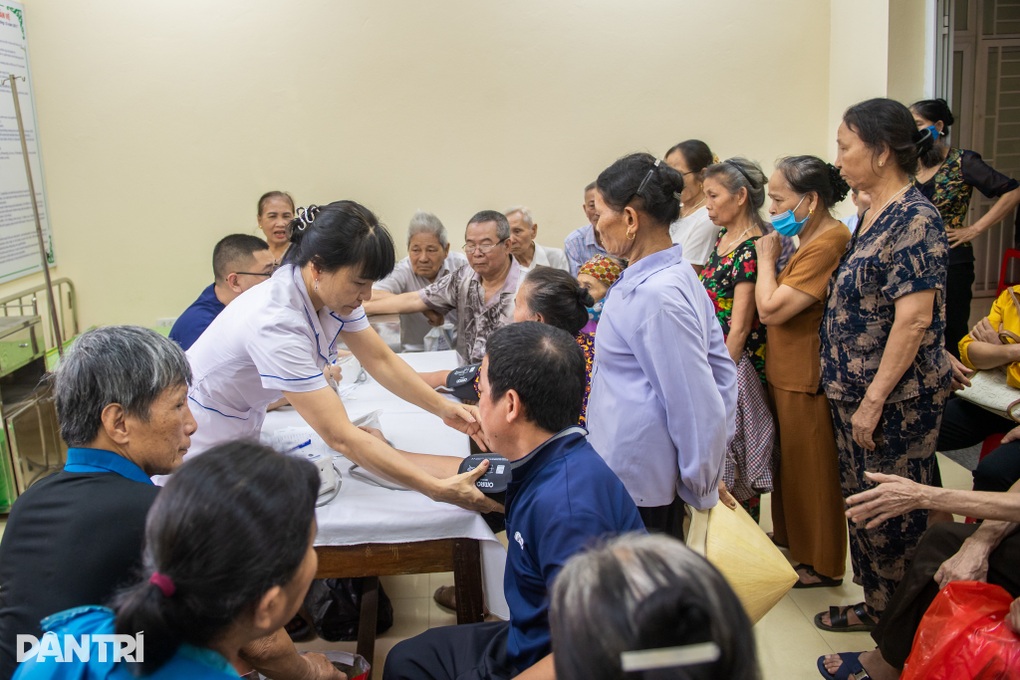
Doctors examine people's health in a charity program in Thanh Hoa organized by Dan Tri newspaper (Photo: Thanh Dong).
According to him, the 3 years of residency are the most important period, determining the quality of future practice. That is the time to learn clinical practice, gain practical experience, and hone your skills, not to chase after trending names: “No one can live on titles. To gain the trust of patients, you must have real skills.”
Sharing with Dan Tri Newspaper reporter, he pointed out the clear change in the training environment compared to the previous generation:
“In the past, very few people passed the residency exam, so everyone had to be closely supervised by teachers. But now, when the scale is larger, opportunities cannot be distributed equally. If you want to progress, you have to be proactive in learning and practicing on your own, you cannot wait for someone to hold your hand and show you how to do it.”
Today’s generation of residents has many advantages: technology, communication, support networks. But they also face greater challenges: image pressure, social expectations, high competition.
Source: https://dantri.com.vn/suc-khoe/match-day-tao-hien-tuong-bac-si-noi-tru-nhung-gia-tri-van-nam-o-tay-nghe-20250913182830066.htm






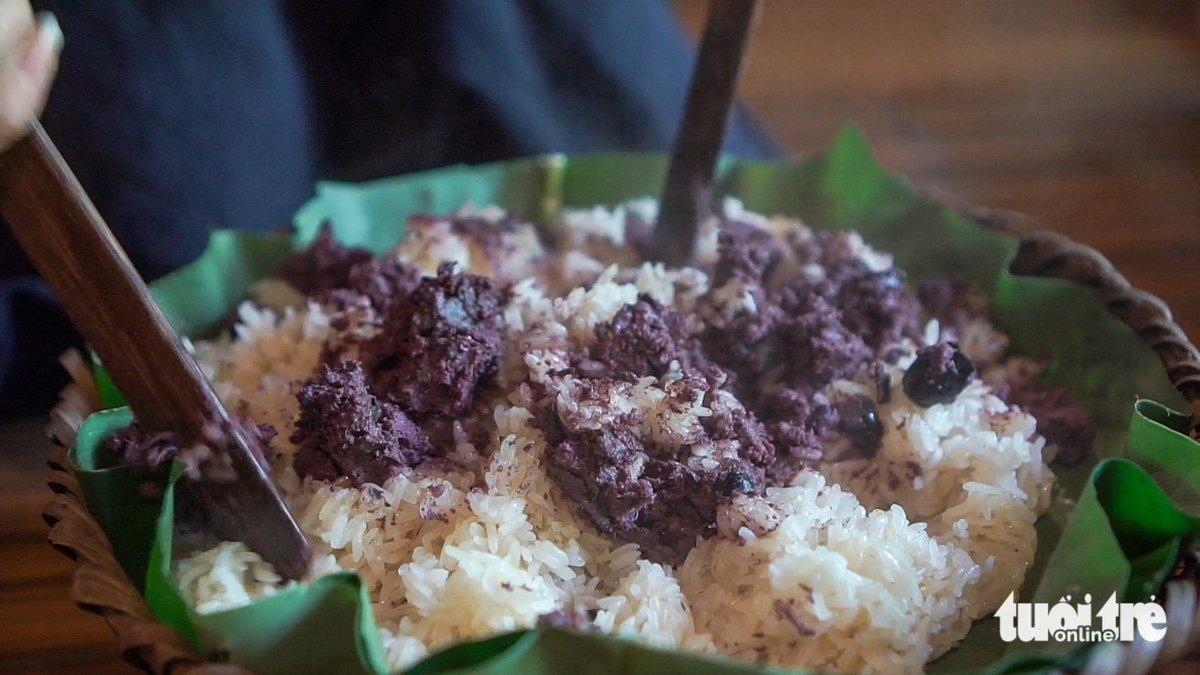
![[Photo] Government holds a special meeting on 8 decrees related to the International Financial Center in Vietnam](https://vphoto.vietnam.vn/thumb/1200x675/vietnam/resource/IMAGE/2025/11/04/1762229370189_dsc-9764-jpg.webp)
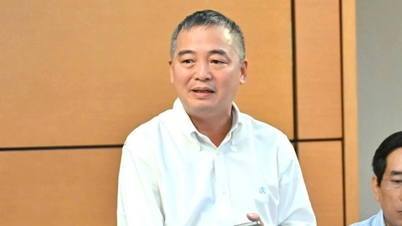
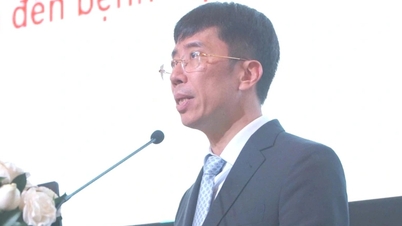
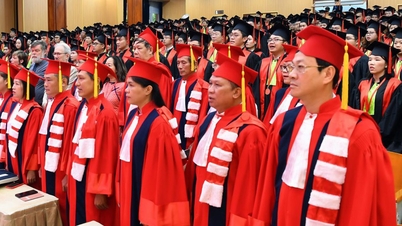



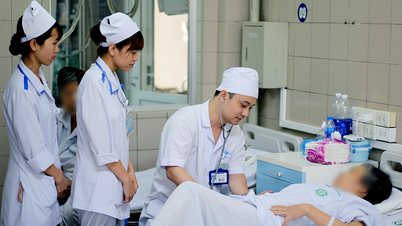






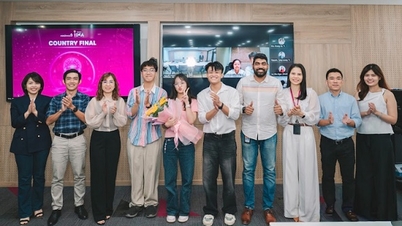







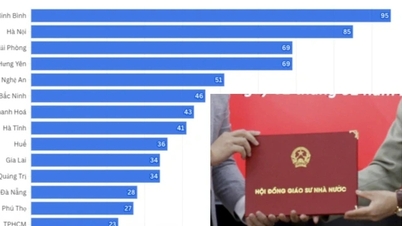



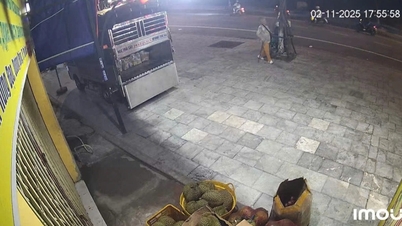
![[Photo] Prime Minister Pham Minh Chinh receives the Chairman of the Japan-Vietnam Friendship Association in the Kansai region](https://vphoto.vietnam.vn/thumb/1200x675/vietnam/resource/IMAGE/2025/11/03/1762176259003_ndo_br_dsc-9224-jpg.webp)
![[Photo] Fall Fair 2025 and impressive records](https://vphoto.vietnam.vn/thumb/1200x675/vietnam/resource/IMAGE/2025/11/03/1762180761230_ndo_br_tk-hcmt-15-jpg.webp)






















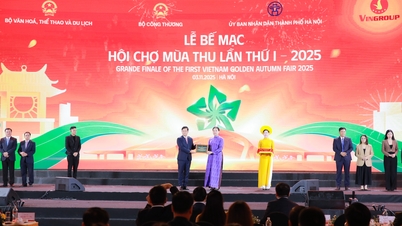

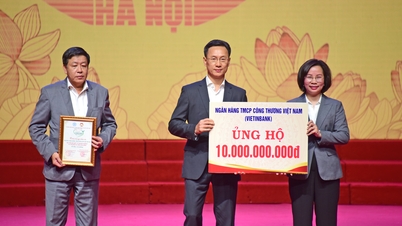











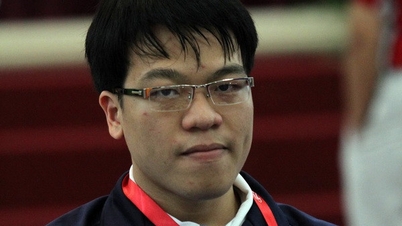








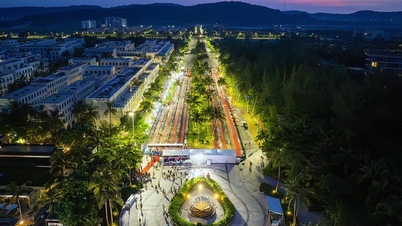






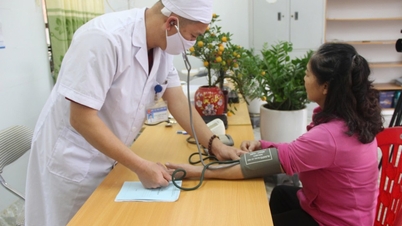





















Comment (0)